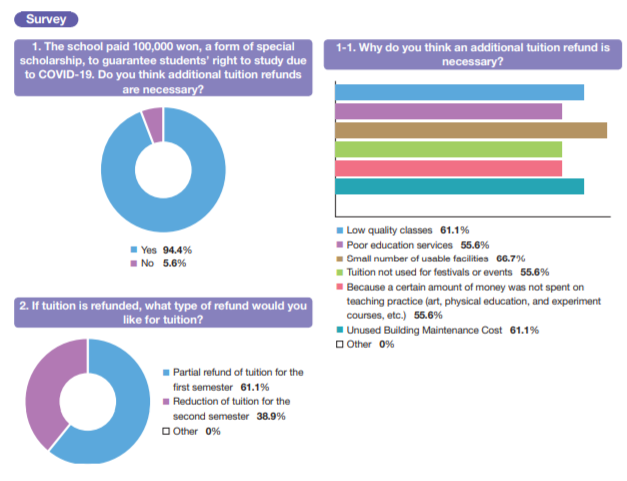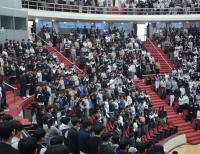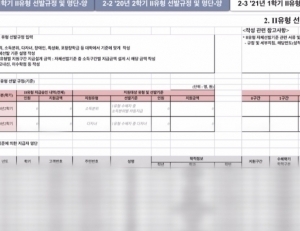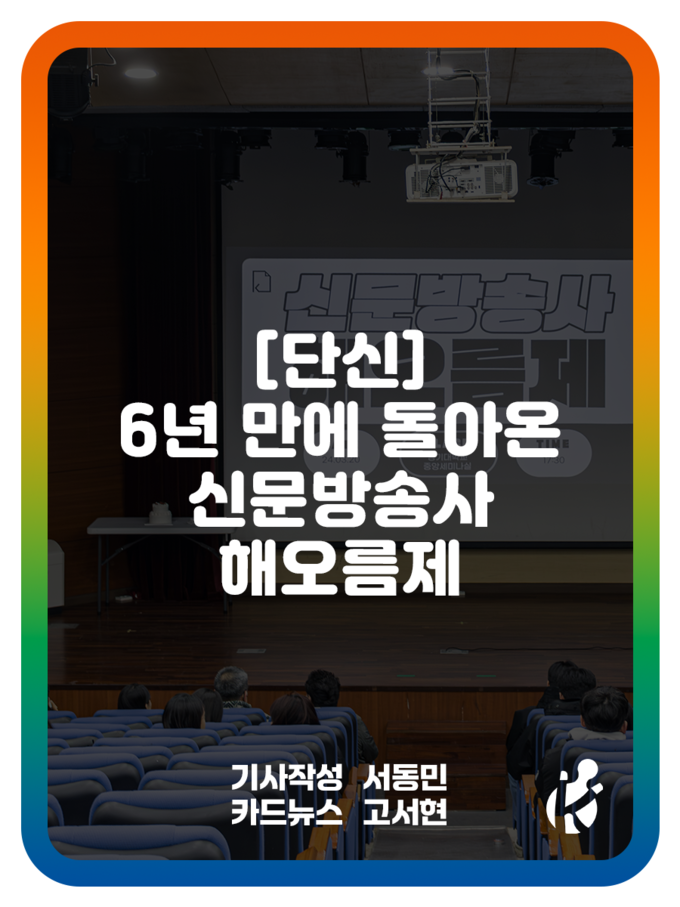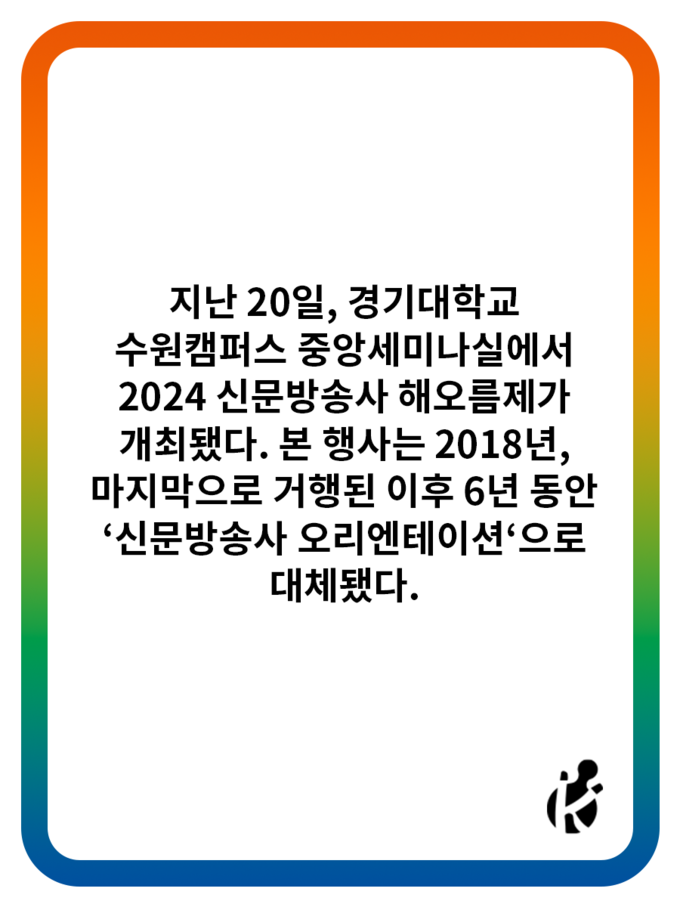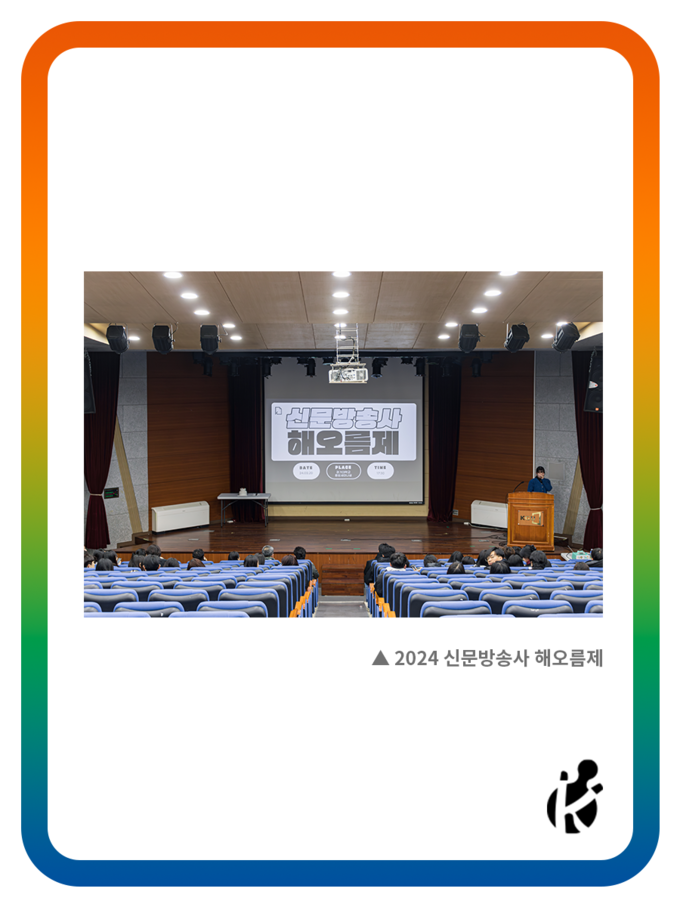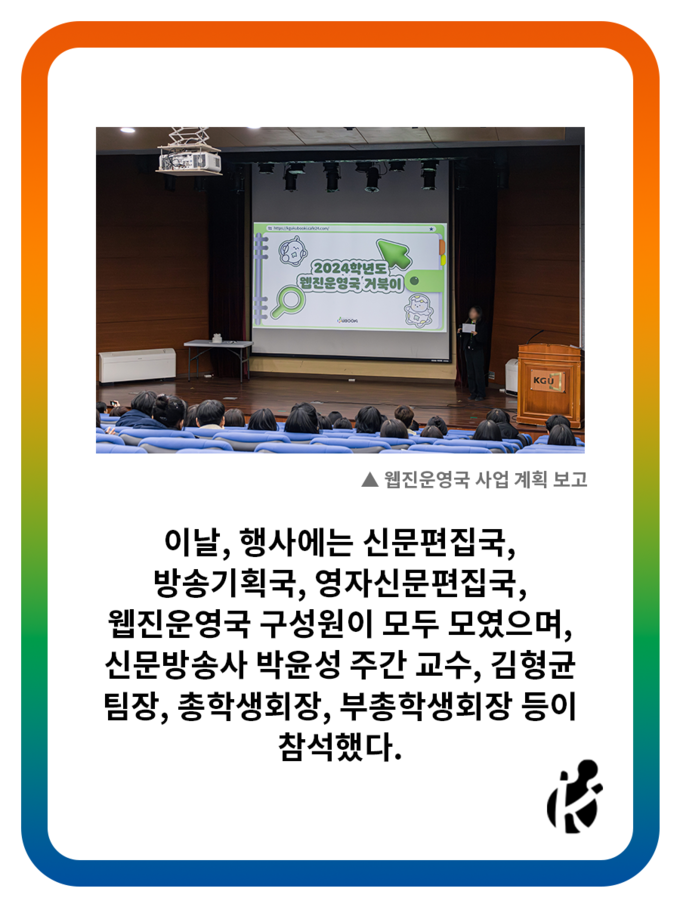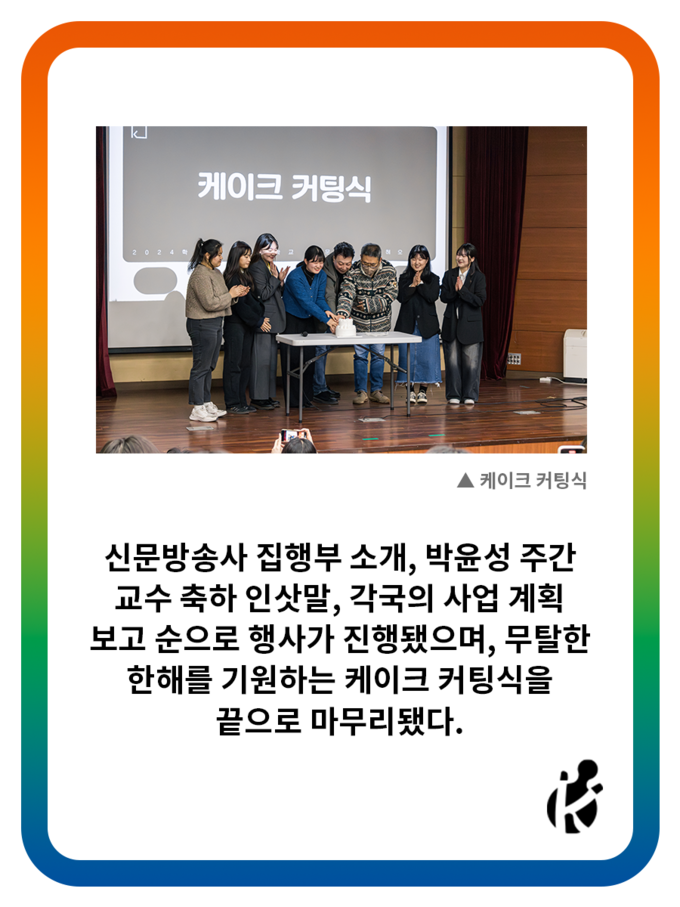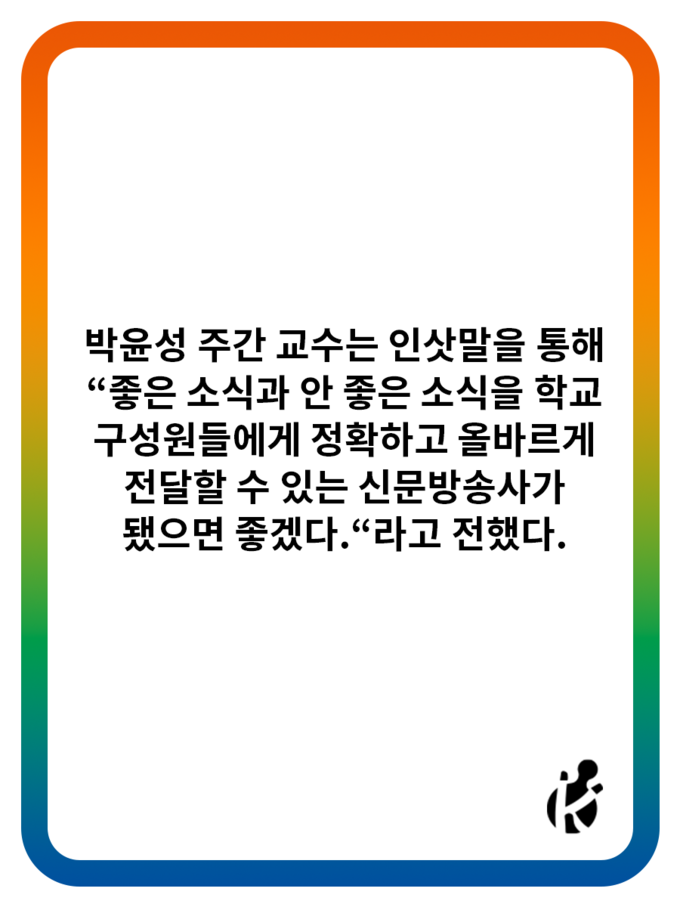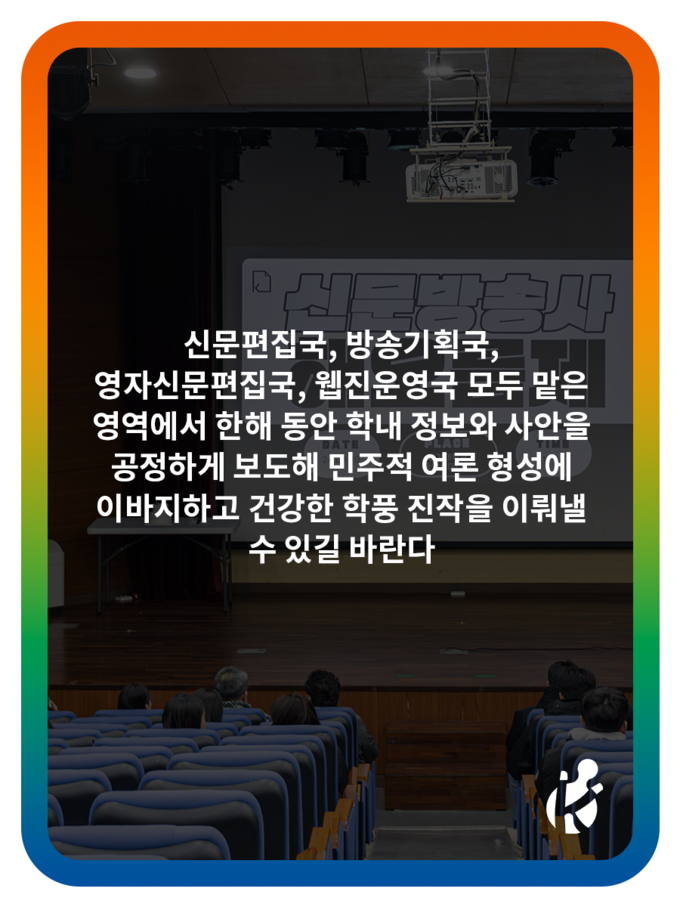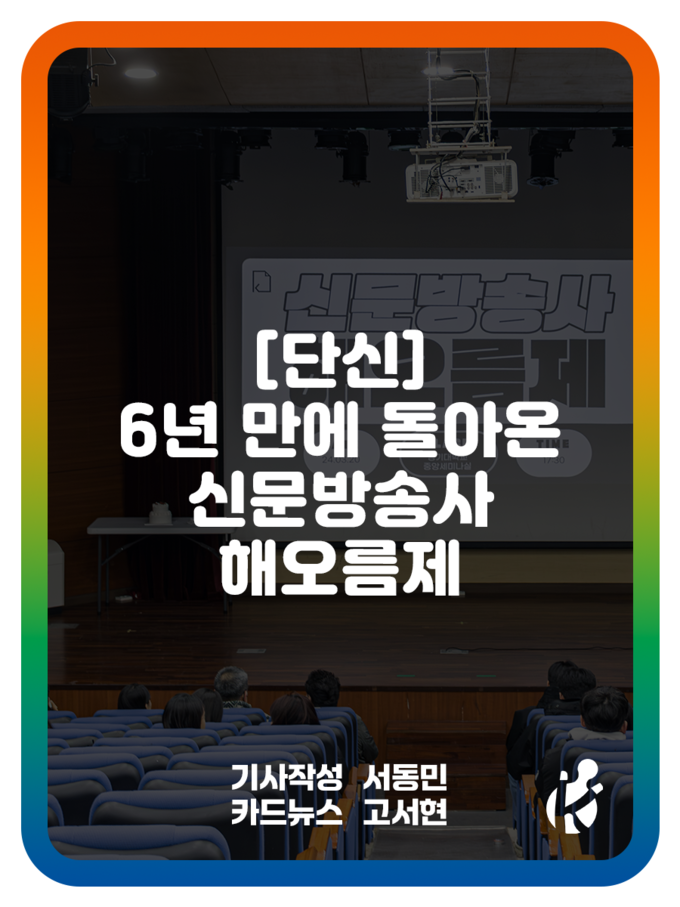Contrary to initial expectations that COVID-19 would soon subside like other diseases before it, COVID-19 has now affected our lives for a long time. In Korea, the number of confirmed cases has increased sharply since February 18 this year, due in part to mass religious activities, such as those of Shincheonji in Daegu, North Gyeongsang Province. Although the number of new cases has been decreasing lately due to social distancing, there have been continuous cases of collective infection through various group activities. Due to this phenomenon, many universities conducted most of the in first semester’s classes online for fear of mass infection. There are already universities that have confirmed online classes for the second semester, and there are universities that plan to implement a mix of face-to-face and online classes. As a result, university students are facing a confusing situation about insufficient finances within the university and unclear plans for classes. No wonder students feel the amount of money they pay to attend university is excessive compared to the quality of their classes. Each university must resolve the problem of poor quality education caused by COVID-19, and guarantee students a satisfactory educational experience. In response to this situation, the Pharos will explore the issue of tuition and dormitory refunds through surveys reflecting the opinions of students at Kyonggi University, articles, data from the student council and an interview with the student body president.
* The interview in this article was conducted before the phase 2 of social distancing and followed the guidelines during the interview.
< Survey >
1. The school paid 100,000 won, a form of special scholarship, to guarantee students’ right to study due to COVID-19. Do you think additional tuition refunds are necessary?
◼ Yes 94.4%
◼ No 5.6%
1-1. Why do you think an additional tuition refund is necessary?
◼ Low quality classes 61.1%
◼ Poor education services 55.6%
◼ Small number of usable facilities 66.7%
◼ Tuition not used for festivals or events 55.6%
◼ Because a certain amount of money was not spent on teaching practice (art, physical education, and experiment courses, etc.) 55.6%
◼ Unused Building Maintenance Cost 61.1%
◼ Other 0%
2. If tuition is refunded, what type of refund would you like for tuition?
◼ Partial refund of tuition for the first semester 61.1%
◼ Reduction of tuition for the second semester 38.9%
◼ Other 0%
Prior to dealing with other sources of information, a survey of students at Kyonggi University was conducted to find out what the students’ views were and what they wanted from the school regarding the tuition refund issue.
First of all, when asked, “Do you think additional tuition refunds are necessary?” the respondents answered that they need a tuition refund at a high rate of 94.4%. As for the reasons for the need for an additional tuition refund, the small number of usable school facilities accounted for the largest portion at 66.7%. Approximately 61% of respondents cited, poor quality classes and unused building maintenance costs as reasons for an additional refund. Other respondents said that it was because their tuition was not used for expected education services, or festivals or events, and a certain amount of money was not used for lecture practice(such as Art and Entertainment, Experiments, etc.), showing a fairly high percentage of answers as they exceeded the majority of the number of respondents. To the second question on the form about the type of tuition refund if tuition refunds are made, 61.1 % of students responded that there should be a refund of tuition paid in the first semester, and 38.9% said they want a reduction in tuition for the second semester.
In addition, to the question “If tuition is refunded, what type of refund would you like for tuition?” 77.8 % of the respondents said that a partial refund of tuition should be made and that the refund should be between 21% and 30% was the next most. About 11%-20% of the respondents answered that nearly half of the tuition should be refunded or reduced. Next, to the question “How do you think students should be evaluated by universities if they give online classes in the second semester?”, 66.7% of the respondents answered that absolute evaluation is better. The selective grading 2 system (a system in which students select only some subjects and are evaluated through attendance rather than grades) accounted for 22.2% of responses while the relative evaluation system earned an 11.1% response rate.
Finally students were asked to respond to the following: “Some universities are proceeding to reduce scholarships and return tuition. What do you think about this?” One student said, “I personally think it’s a good idea, but high-scoring people might feel it is unfair.” Other students said they have already complained because the absolute system evaluation made it more difficult for top students to receive scholarships and because there was a notice that only 50% of their student scholarships could be given, pointing out that some would not be able to afford tuition with only 50% of their scholarships. One student went on to say, “I think returning tuition and reducing scholarships is a trick to reduce losses on the part of the university.” In addition, students suggested that scholarships and tuition must be discussed separately, and that students who receive scholarships will
lose their benefits.
With the prolonged aftereffect of COVID-19, students at each university are demanding a partial return of tuition. Kyonggi University gave 100,000 won in scholarships per student. However, this was not a return of the tuition; rather it was a voluntary return of 20% of the staff’s allowance in the form of a special scholarship. According to an article reported in the Kyunghyang newspaper on May 6 this year, Kyonggi University would provide 100,000 won in the form of a “special scholarship to support online lectures” to all undergraduate students because of the prolonged COVID-19 situation. The article also revealed that Kyonggi University had decided to give the scholarship to guarantee students’ right to study and to support their health care. However, this is hardly a return of tuition Kyonggi University must calculate the tuition return amount based on the reduction in quality of education that students experienced during the chaotic semester caused by COVID-19. The form of the amount, if it is in the form of a special scholarship, is considered to be an incorrect way to characterize what should be a tuition return.
Similarly, dormitory that must return the money paid by students in the first semester. The dormitory received applications for residence and school meals from students in February 2020 on schedule. However, due to the possible spread of COVID-19, the date of beginning residence was changed to March 14 and March 15 from February 29 and March 1. Since then, several changes have occurred, and after online classes were confirmed, the dormitory received applications to leave the residence. It was done by filling out a refund application form and sending it by e-mail. During the process, there were late announcements and because of students’ continuous demands the dormitory staff asked them if they wanted to leave the dormitory.
Likewise, since mid-May, the refund of school meal fees has been processed via e-mail, with students having to submit an application for the refund of school meals and a copy of their bankbooks. Shinsegae Food, a dormitory restaurant company, gave refunds to students before the end of the first semester, but Seohee Construction, a dormitory operator, did not process refunds until after the first semester. A refund-related notice was posted on the dormitory’s website on June 29, the scheduled refund date, under the name of Kim In-gyu. According to the notice, the school had been in constant talks with the dormitory management company since March to refund the unused dormitory fees, but had yet to come up with a refund plan due to differences in opinions on how to supplement the funds for the refund of dormitory fees that were used to repay the principal and interest of the private sector contract. The school said it would seek ways to raise the money for refunds, such as requesting government support, citing the special circumstances of COVID-19. At the end of the notice, he said that he promised to refund the unused dormitory fees in any case. Since the posting of the notice, the dormitory has not fulfilled its promise, so students have turned to the Ministry of Education’s civil complaints office and a signature-collecting campaign as possible solutions.
Looking at the aforementioned survey results related circumstances, it seems that the school’s refund issue needs to be discussed between the school and students. Then, what efforts is the student council making to organize discussions between the school and students, and is the student council aware of the circumstances of students who have not used school or dormitory facilities but have not received their money back? The Pharos interviewed Cho Young-hoon, president of the We, Together Student Council, about how the school decided to return the special scholarship of 100,000 won and how it was dealing with the refund issue.
Q. Was the refund of 100,000 won, a special scholarship, also discussed with the student council?
A. To begin with, we aren’t saying that we are going to finish the tuition refund for the first semester of 2020 with the special scholarship. The school suggested that the special scholarship be given to students who are having financial difficulties due to COVID-19 and the online classes, and the student council agreed with this suggestion with the understanding that a tuition refund would take place later on. Apart from the tuition refund, the council discussed the school’s suggestion that the COVID-19 support fund be paid to all students.
Q. Some students have complained about raising the special scholarship money from the KGU scholarship fund. What do you think about this?
A. As the budget was insufficient and most of the grades were calculated using the absolute evaluation method, the ability to determine Type A KGU scholarship recipients was reduced, so the school responded by first injecting the KGU scholarship budget into the special scholarship fund and drawing on the remaining budget of other departments to raise the KGU scholarship funds. Therefore, I understand that the special scholarship fund, which paid more than 1.3 billion won to students, was raised by collecting about 750 million won from funds that were supposed to be used for professors’ appointment benefits, other departments’ budgets and KGU scholarships. After contacting the Scholarship Support Team and the school departments, I heard that they would collect funds from other budgets to raise the Scholarship Support Team’s budget, as they took money out of the KGU scholarship fund. Therefore, I think the KGU scholarship will be awarded in the second semester.
Q. How is the procedure for the tuition refund and the dormitory refund going now?
A. First, we are looking into ways to prepare the budget for the tuition refund by the second semester after receiving data on how income and expenditure have changed with regard to school tuition and membership fees compared to last year. There was spending on COVID-19, and the school continued to operate in the first semester. Thus, utility bills such as electricity and water bills were not different from last year. Therefore, the school is in a position that makes it difficult to refund tuition for the first semester. Since utility bills will be similar in the second semester, the student council’s goal is to continue to discuss the budget in depth so that the school can raise money by tightening their operations. We will keep in touch with the school, considering that the budget should go to students.
The school and Seohee Construction are having a tug-of-war, as they try to reach an agreement about the dormitory refund. Seohee Construction’s position is that it has no money to return because it has paid back the principal and interest that was generated when it first built the dormitory. The school refutes, this position saying “Why do students not receive a refund when students don’t even live in dormitory?” and “Since Seohee Construction took all the dormitory expense money, it is right for the company to pay back the money.” I heard that the school asked the Ministry of Education about the matter, but the Ministry of Education did not give a definite answer. Consultation between the school and the company is essential because the school cannot decide to use the accumulated money arbitrarily. To improve communication, the student council is also pressing for Seohee Construction for talks and contacting the media. I asked for a meeting with Seohee Construction in order to allow the company, students, school staff, and professors to discuss this issue as much as possible.
Q. In the online class survey conducted with students, what are the students’ positions and what direction do they favor for the second semester’s operation?
A. A working session on the operation of the second semester will be held soon and the student council and the management headquarters will participate. After conducting the survey, the student council requested an analysis of the survey results and received about 80 reports. About 42 million students participated, and based on the survey, we will announce what needs to be supplemented, how to move forward, and what will be guaranteed for students in the second semester. In the first semester, online classes were mandated after applying for classes, but in the second semester, before the possible lecture plans are released, the decision on the class operation plan must be made so that students are aware of the contents and methods of the classes. This will help reduce student confusion.
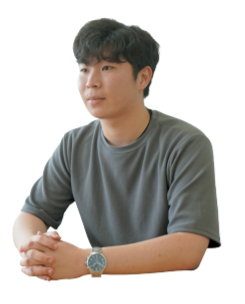
To summarize the results of the students’ survey, 56.9% of the respondents said they would prefer online classes only for some classes, 26.2% supported online classes, and 16.9% disappeared of them. The survey also revealed that 45.9% approved, 35.7% partially approved, and 18.4% opposed the idea of conducting online classes in the second semester if COVID-19 continues. The main reasons for supporting online classes were that students could restudy the class materials and ease the inconvenience of commuting to school, while others agreed to proceed with the online classes depending on the possibility of COVID-19 infection. The main reasons for opposing online classes were the opinion that their tuition was wasted, the lower quality of the classes, and the lack of equity when granting grades. As for the types of classes if COVID-19 continues during the second semester, 43% of the respondents preferred “online classes,” 30.3% preferred “face-to-face classes” such as for experimental subjects, and 16.1% preferred “face-to-face classes” despite the COVID-19 risk.
The online class format for the second semester seems to be almost certain as COVID-19 shows no sign of abating. The first semester’s online classes were not easy to manage widespread confusion. The school announced the implementation of online classes only after the first semester had began and allowed each professor to take charge of the online classes. The decision was made with some respect for the professors’ right to manage their classes, but it was not entirely clear whether the online classes would continue for the whole semester. In the same way, the cost of the dormitory was not refunded after the online classes were confirmed for the whole semester, although they collected money for the online first semester by gathering residents. Currently, Seohee Construction, a dormitory company, is at odds with the school’s demand for a refund, saying it has no money because it has used the funds to pay off the bank’s debts. Like the “pass the bomb” game, the school and Seohee Construction are passing the issue of refunds, to each other a bomb that may explode at any time. If a solution to the refund problem is not found, the issue could move on to legal challenges and continue into next year. The school must resolve the issue of tuition and dormitory fee refunds before the second semester begins and prepare in detail the operational plan for the second semester. Not only the school’s but also students’ opinions are needed, and the faculty should strive to protect students’ right to attend high-quality classes.
Planning Editor•KIM JIN•coo0714@naver.com
74th Cub Reporter•GONG JINYOUNG•wlsdud03520@naver.com
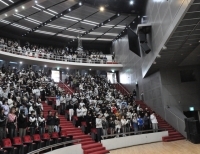 What Happened in KGU? : 수원캠퍼스 학생총회 편
On April 4th, a general meeting of students was held in the Tele-convention center at the Suwon campus. The contents were the same as the general meeting of students in the Seoul campus: the first part was for agenda announcement, the second part was about the Membership Training for whole university, and the third part was simple Q&A time. In the first part, the agendas were all the same as the ones for the Seoul campus, and the result of the ...
What Happened in KGU? : 수원캠퍼스 학생총회 편
On April 4th, a general meeting of students was held in the Tele-convention center at the Suwon campus. The contents were the same as the general meeting of students in the Seoul campus: the first part was for agenda announcement, the second part was about the Membership Training for whole university, and the third part was simple Q&A time. In the first part, the agendas were all the same as the ones for the Seoul campus, and the result of the ...

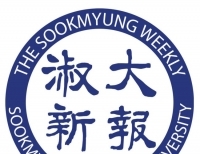 [타 대학보 축사] 경기대신문의 1100호를 진심으로 축하드립니다
[타 대학보 축사] 경기대신문의 1100호를 진심으로 축하드립니다
 [와이파이] 큰 박스에 달랑 물건 하나, 과대포장 규제 정책 시행은 언제쯤
[와이파이] 큰 박스에 달랑 물건 하나, 과대포장 규제 정책 시행은 언제쯤
 [문화산책] 이 세계는 멋져 보이지만 모두 환상이야
[문화산책] 이 세계는 멋져 보이지만 모두 환상이야
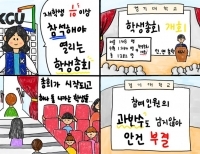 [네컷만화] 학생총회
[네컷만화] 학생총회

 목록
목록




